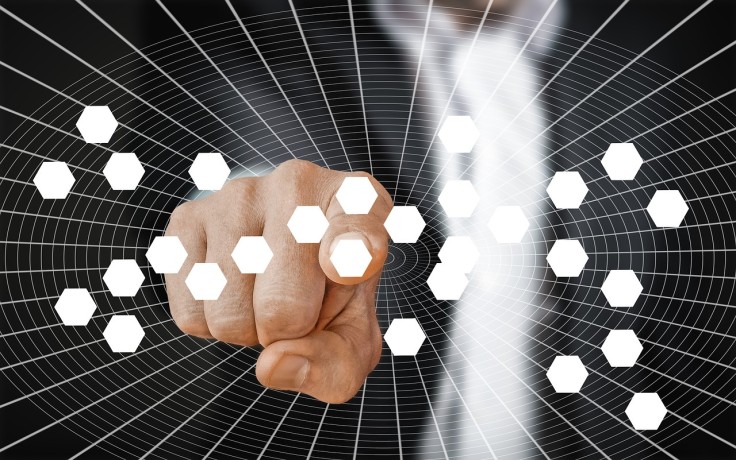
Automation has been around for longer than you might think. By definition, it's the development of technologies that can operate independently with minimal human control and interaction. That doesn't necessarily mean that automation is synonymous with robotics, as people associate it today.
Automation itself is at the forefront of most industries and technologies and has been for a while. That's because it's the main driving force behind streamlining various processes. Automation isn't a technology - it's an idea that drives the modern world.
This article will explore this idea and define how it helps shape the world both today and tomorrow.
What Is Automation Exactly?
Automation is a concept that dictates the development of technology to an extent in which it makes processes as streamlined as possible. Things that used to be costly, dangerous, and labor-intensive can be performed seamlessly by machines because of the automation.
This cluster of technology, practice, and technique ensures that processes are as safe, streamlined, and consistent as possible. There are three main types of automation in manufacturing - fixed, programmable, and flexible.
Fixed automation is all automation that's set by the equipment that performs it. Good examples of fixed automation are assembly machines, machining lines, and other high-production machines.
Programmable automation is automation that can be modified to fit new specifications of the product it's working with at the time. It's slower than fixed automation, but its application is higher.
Flexible automation defines machines that can manufacture different products quickly, process multiple things simultaneously, and operate mostly independently.
How Can Automation Improve Our Lives?
Automation is not exclusively used in manufacturing - it's used virtually everywhere around us. The benefits of automation are plentiful, and include:
Better workplace safety
Lower negative environmental impact
Cheaper costs of operation
Faster production
More efficient use of materials
Improved quality of life for residents
A consistent quality of products
Simplified tasks
Automation annulus the need for people in mundane tasks, making both their jobs and their lives far easier. It has many residential and industrial applications that continue to revolutionize the way we live our lives.
The residential applications of automation
Everything in your house that is an otherwise tedious task can be improved by automation. Vacuum cleaners, sewing machines, and even your kitchen garbage disposal are prime examples of automation in your household.
But those are all pretty basic machines, and the future of automation is digital. Smart homes, which are all the rage, are naturally a part of automation. They're a prime example of when an idea like automation meets a technology like AI - and now we have smart thermostats, at-home Virtual Assistants driven by AI, and even intelligent security systems,
Automating every single mundane and mediocre task seems like a distant future - but this technology exists and is being used today.
The industrial applications of automation
The industrial applications of automation are even more prevalent than residential ones. Not only does automation cut down on costs, improve operations, and provide consistent quality and results - it significantly improves workplace safety, which is actively saving human lives.
Today, a lot of equipment that used to be manual has been automated, such as the automated forklift. Forklifts account for over 96,700 injuries annually, 34,900 of which are serious.
Control systems that drive automation have entirely changed the industries, business, manufacturing - and have led us to a new industrial revolution.
What Does the Future Hold for Automation?
AI, machine learning, and big data are perhaps one of the most ambitious technologies of tomorrow, today. Their sophistication and implementation work in favor of automation, as automation is finally going to become smart.
That means that, in the future, things are going to be more automated than ever - even more processes are going to be streamlined, hazards eliminated, and products more affordable. Robots can already perform far more tasks than they could in the past, and this trend is only going to rise with the implementation of technologies such as AI.
The future of automation looks promising, and it looks smart.
Final Thoughts
Automation is changing the way we live, think, and work daily - and it has been doing so for quite a while. The future seems quite promising for automation, especially with the rise of AI and machine learning.
While it might seem a bit frightening, there is no reason to be worried. Automation is not going to steal your job - it's just going to make it safer, better, and more productive.









